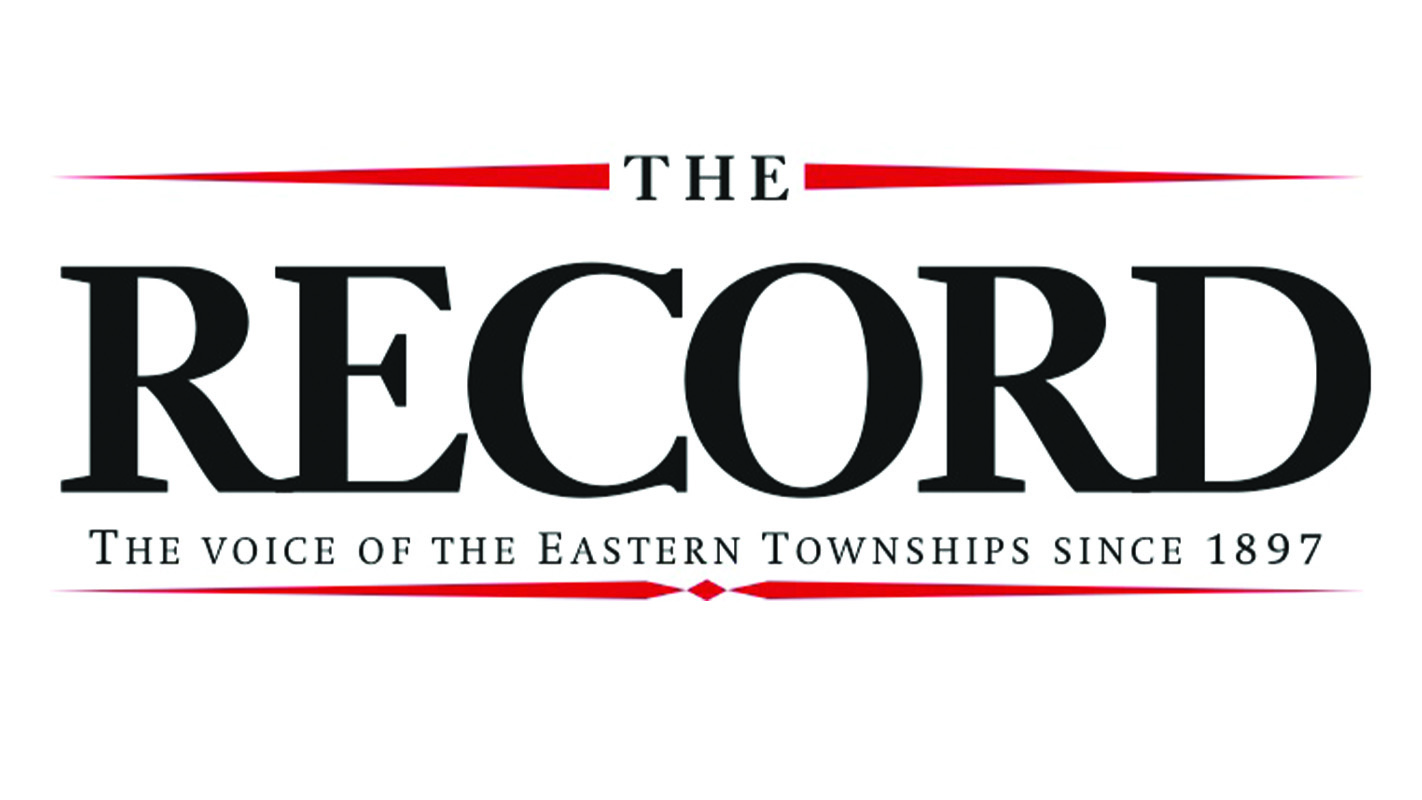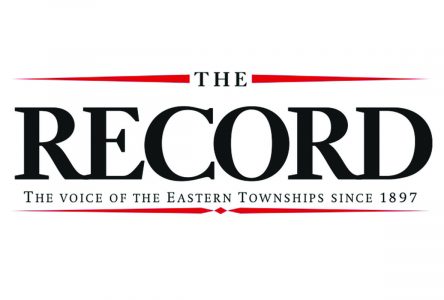By Gordon Lambie
Quebec’s vaccine passport will come into effect across the province on September 1 and will
take the form of a mobile app that can read the QR code available as proof of vaccination in either digital or paper form. According to Christian Dubé, the provincial Health Minister, the system will apply to busy events, such as public festivals, and typically crowded spaces such as bars and restaurants.
“The idea is to give access to these places only to vaccinated people as of Sept. 1,” Dubé said on Tuesday, explaining that the primary objective of the passport is to eliminate the need for generalized shutdowns as the province moves into a fourth wave of the COVID-19 pandemic.
Despite announcing the broad strokes of the passport system, the health minister was clear that there are ongoing discussions about which activities will require the use of the passport or not. He said that it will certainly be limited to ‘nonessential’ services, but said that a definitive list of those services will not be available until the week of August 23.
“Allow us a couple of weeks,” he said. “Well come back and say here’s the way we want to do this.”
His answer was similar when it came to how the app will work for people visiting from outside of the province. The government will also be using the weeks between now and the end of the month to do a trial run of the app in several different locations around the province in the hope of resolving any technical glitches before the system fully comes into effect.
In the meantime, the health minister encouraged anyone who has not already been vaccinated to do so before the end of the month.
“Don’t wait to hit a wall in September,” he said, arguing that people with lingering questions about the vaccinations have had plenty of time to seek answers. “Even if vaccines do not protect 100 per cent, they are still very effective at keeping people from getting seriously ill.”
One part of Tuesday’s announcement that was raising concern online before Dubé’s press conference had even come to an end was the fact that although clients of bars and restaurants will need to be able to prove their vaccination status, employees of those businesses will not. The health minister said that the difference comes as a result of the right to work granted through the Labour Code.
“The law is very clear, and we intend to respect the law,” he said, adding however, that the province is looking into being able to mandate vaccination in situations where employees work with vulnerable populations, such as in the healthcare network.
Dubé also said that the government will be returning to holding weekly press conferences considering the increasing number of cases and growing presence of the Delta variant among confirmed cases.
The Province of Québec reported 234 new cases of COVID-19 on Tuesday, bringing the total number of people infected to 379,673 with 1,909 active cases. No new deaths were added and one that had been previously reported was withdrawn from the total, dropping it back down to 11,241. There were seven new hospitalizations, for a total of 62 with 18 in intensive care (an increase of four).
In the Eastern Townships the number of active cases increased to 62, five in la Pommeraie, 22 in the Haute-Yamaska, two in Memphrémagog, one in Coaticook, 25 in Sherbrooke, one in Val Saint-François, four in the Haut-Saint-François, one in Granit, and one not associated with a particular area. The number of hospitalizations decreased by one to four
The local vaccination rate is 81.5 per cent for first dose and 68.3 per cent for second dose.
Provincewide coverage is now at 84.8 for first dose and 72.2 for adequate vaccination. According to Dubé the province needs to administer another 400,000 second doses to reach 75 per cent overall coverage, and 1.1 million doses to have everyone who has currently received a first dose considered adequately vaccinated.
“If we can do this, we will be among the most vaccinated place in the world,” the health minister said.




